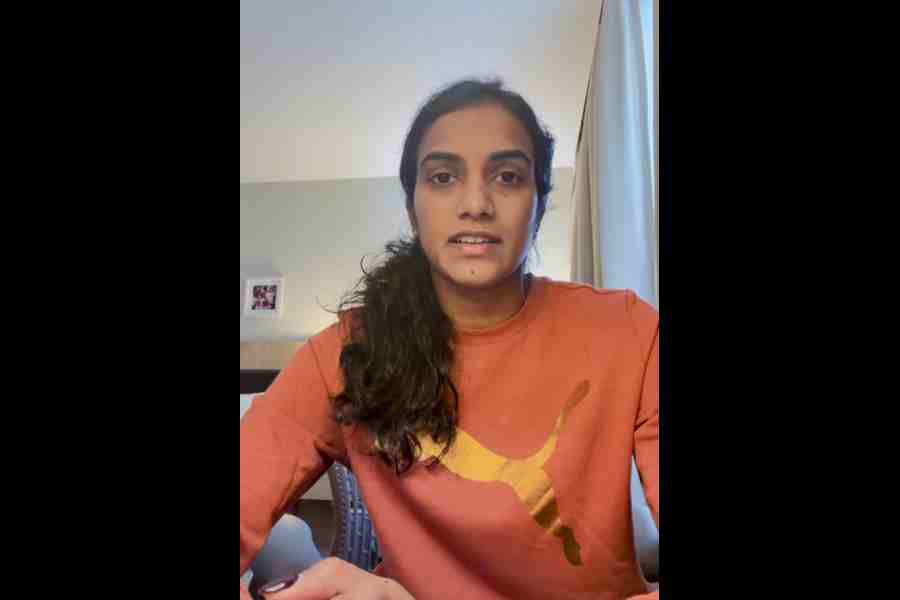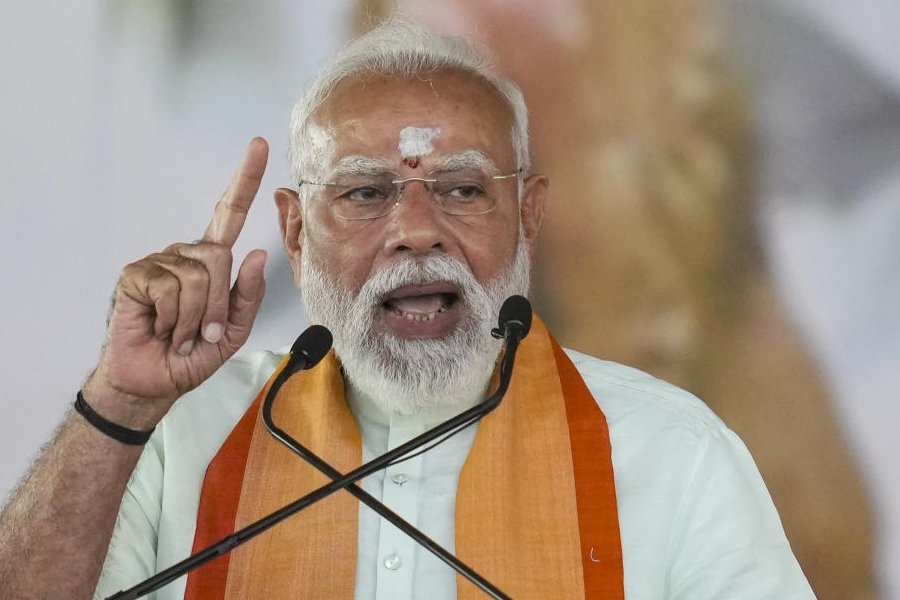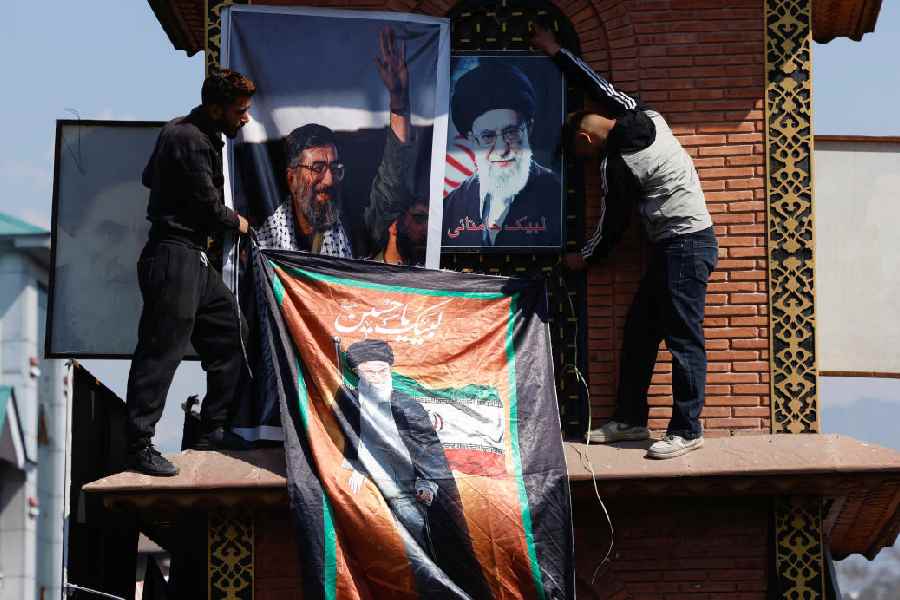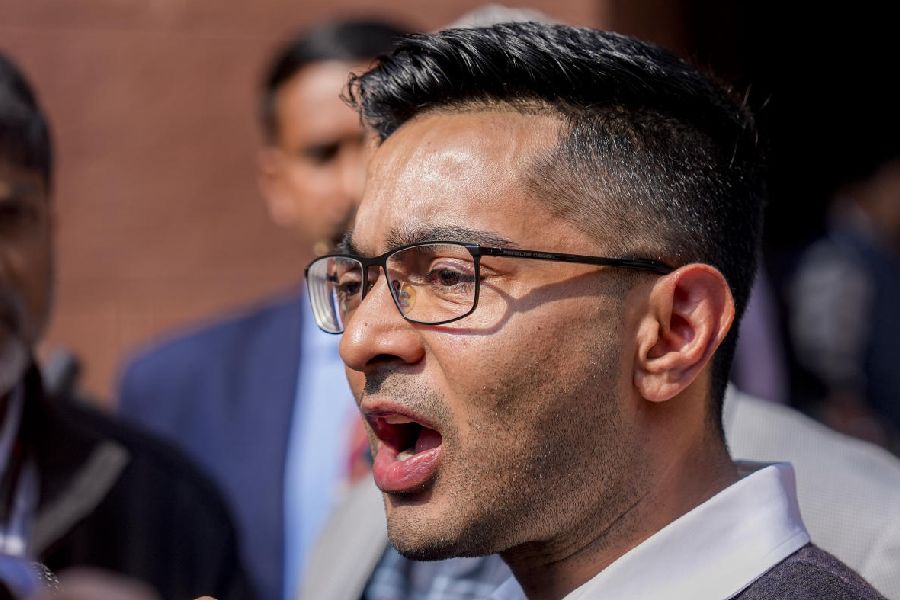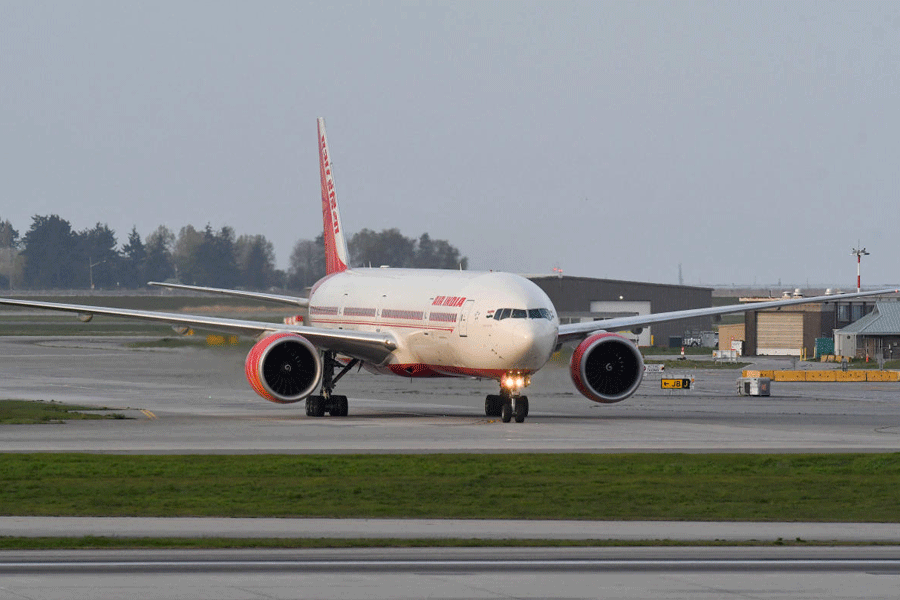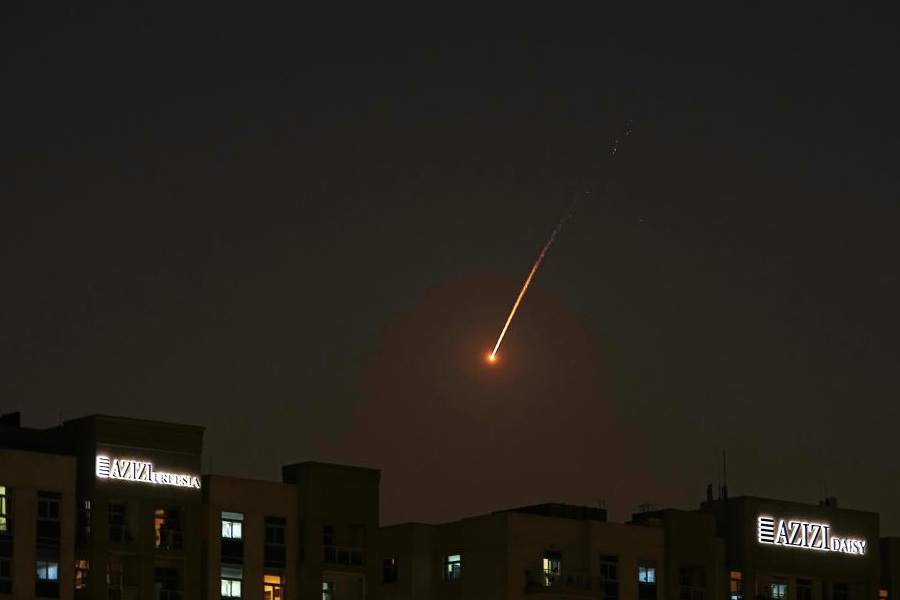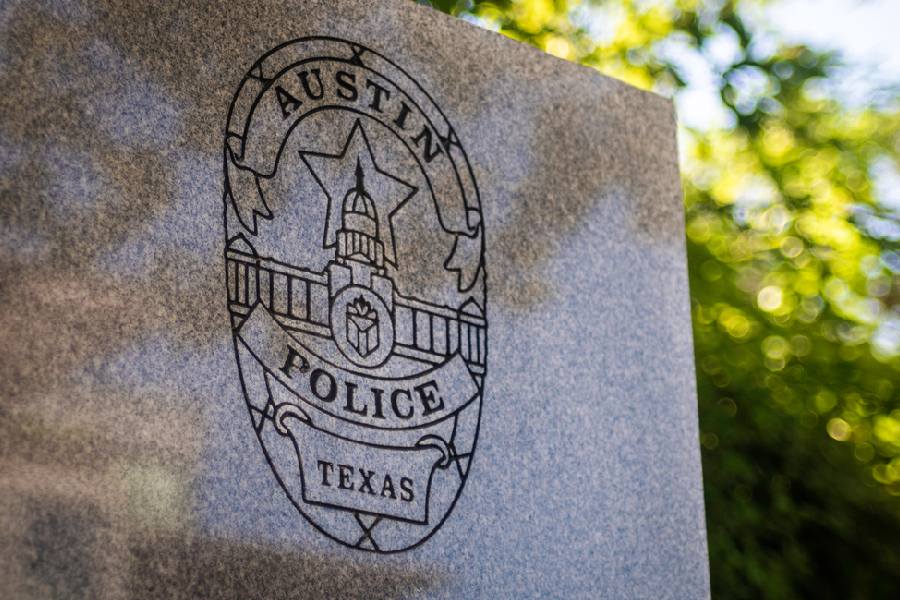Platitudes are the hallmark of our times — “awesome”, “amazing”, “gutted”, “learning experience”... Another such expression is “life-changing”. The gods must be listening and getting rather annoyed, especially with the last one. No wonder then the slew of catastrophes from the past few years — pandemic, Amphan, Trump, cloudbursts, more Trump.
Special Intensive Revision of electoral rolls or SIR, which was launched on November 4, may or may not have changed lives yet but from the moment of its announcement, it has shaken people up alright.
Had this been a film streaming on a device of your choosing, you would be asking Siri to turn up the volume repeatedly, only to realise it is a silent film.
Suddenly, all conversation has shifted indoors. It won’t do to voice anxieties about being on the list before anyone outside of family. It won’t do to tell the old stories about that great-grandfather in Barisal or the ancestral property in Dhaka. The knots of people around tea stalls have by some miraculous churn shifted to photocopy shops. But the waiting populace outside these are wordless, joyless.
One such scene from the northern extremity of Calcutta. The setting: local plumber Lombuda’s hole-in-the wall shop fitted with a photocopy machine and possibly a third-hand computer. The white paper pasted on his shopfront looks new. Scribbled on it in Bengali is a message that says, “Get printouts of 2002 SIR rolls here”.
Five men are sitting outside the shop on a wooden bench when a rather hassled man arrives. The street he lives on is missing from the 2002 list, he doesn’t know what to do, his neighbours don’t seem to care, the man next door has gone to Vrindavan to attend Raas Utsav, the others are elderly and depending on him, but Mr X has referred him to this place…
It is only when he has emptied all that was weighing on his mind that he seems to notice that there are others around him, waiting. He starts to apologise, but with a wave of their hands and a nod of their heads, the waiting citizenry expresses solidarity. They urge him to jump the queue. They are not insensitive; a whole street missing from voter rolls sounds like a tough one.
At the time of the first election in 1951-52, the Chief Election Commissioner of India Sukumar Sen struck down names of 2.8 million women voters from the rolls. While conducting house-to-house surveys, ECI staff had hit a roadblock. Conservative families refused to disclose the names of the women; they were identified as A’s mother or B’s wife or C’s daughter. Sen issued an order to strike out such entries.
Lombuda, in the meantime, cannot seem to locate the missing street of our
harried protagonist. He directs him to the neighbourhood office of a certain political party. Though of diminished presence, in this circus, this party is suddenly in the foreground.
When our man reaches the party office, senior citizen bespectacled cadres are thumbing through reams of paper. They listen to his query and seem to understand the nature of his problem; they redirect him to the ward office while mouthing assurances.
Tingalingaling tingalingaling. For a change, phones are agog with genuine callers instead of scammers. Arijit Singh caller tunes jam the ear. Neighbours are discovering each other — Kundu- babu, Bapuda, Anirban — after years of OTT slumber, if only to ask which centre their parents would have voted in in 2002. Estranged relations are calling each other up for the name of a common grandparent — they have heard there is a provision for it in the form.
At the local market, the 20-somethings are the most tech-savvy. Mostly out of goodwill or from being bullied by forceful neighbourhood uncles and aunts, and at times for a nominal fee, these “digital brokers” are helping people find their names on the list uploaded on the website of the Chief Electoral Officer of West Bengal.
The city’s invisible workforce of domestic help, masons, drivers, ayahs are scurrying to the villages mid-work, either to fetch “kagoj” or to arrange for “kagoj”.
Like a pickaxe, even before it has begun full throttle, SIR has started to reveal different narratives of belonging. Champa Soren, a mason’s assistant, came to the city from Lohardaga district in Jharkhand in the late 1990s, but has never cast her vote anywhere. She is worried about what document to furnish by way of address proof. Niyat Ali Mondal from South Talpatti, a vanishing island in the Sundarbans, has lost most of his documents in repeated cyclones. “Besides,” he says, ”I haven’t voted for years. No one cares for my vote.”
By now our protagonist is on his way to the ward office when his phone rings. It is Lombuda. Uncomplainingly and swiftly, he changes direction and once more lands up at the small shop. The plumber-printer has a sheet in his hand and he is pointing at three rows.
The missing street has been found and the names of all those who live on it. It was tucked inside another page containing the list of another polling station. Our man is saved. How did you do it, he asks Lombuda, as he snatches the sheet from his hand. His saviour is unsmiling and all businesslike.
All that he is willing to say is this.
“That will be twenty rupees. Five rupees for every name on the list. Next.”


